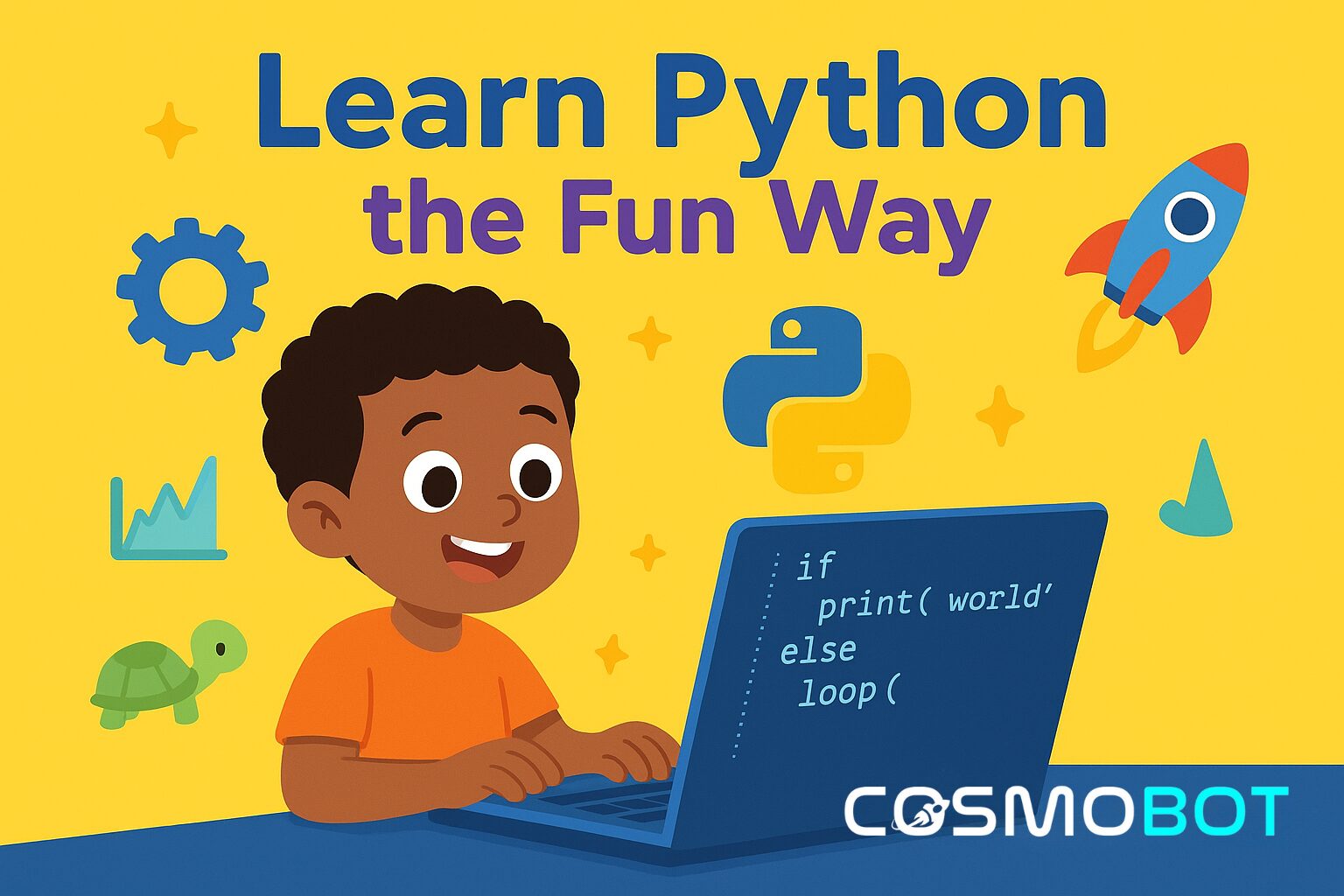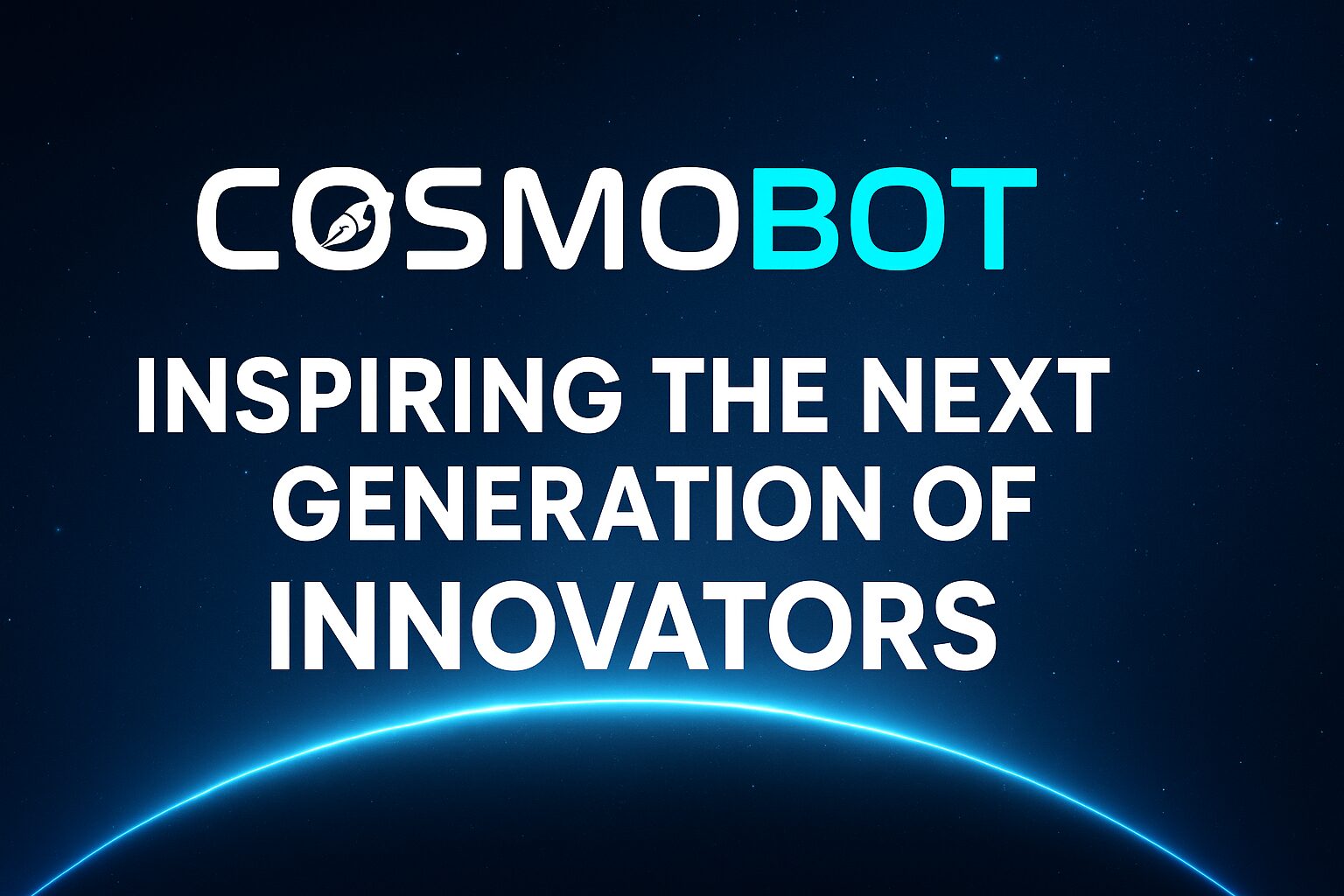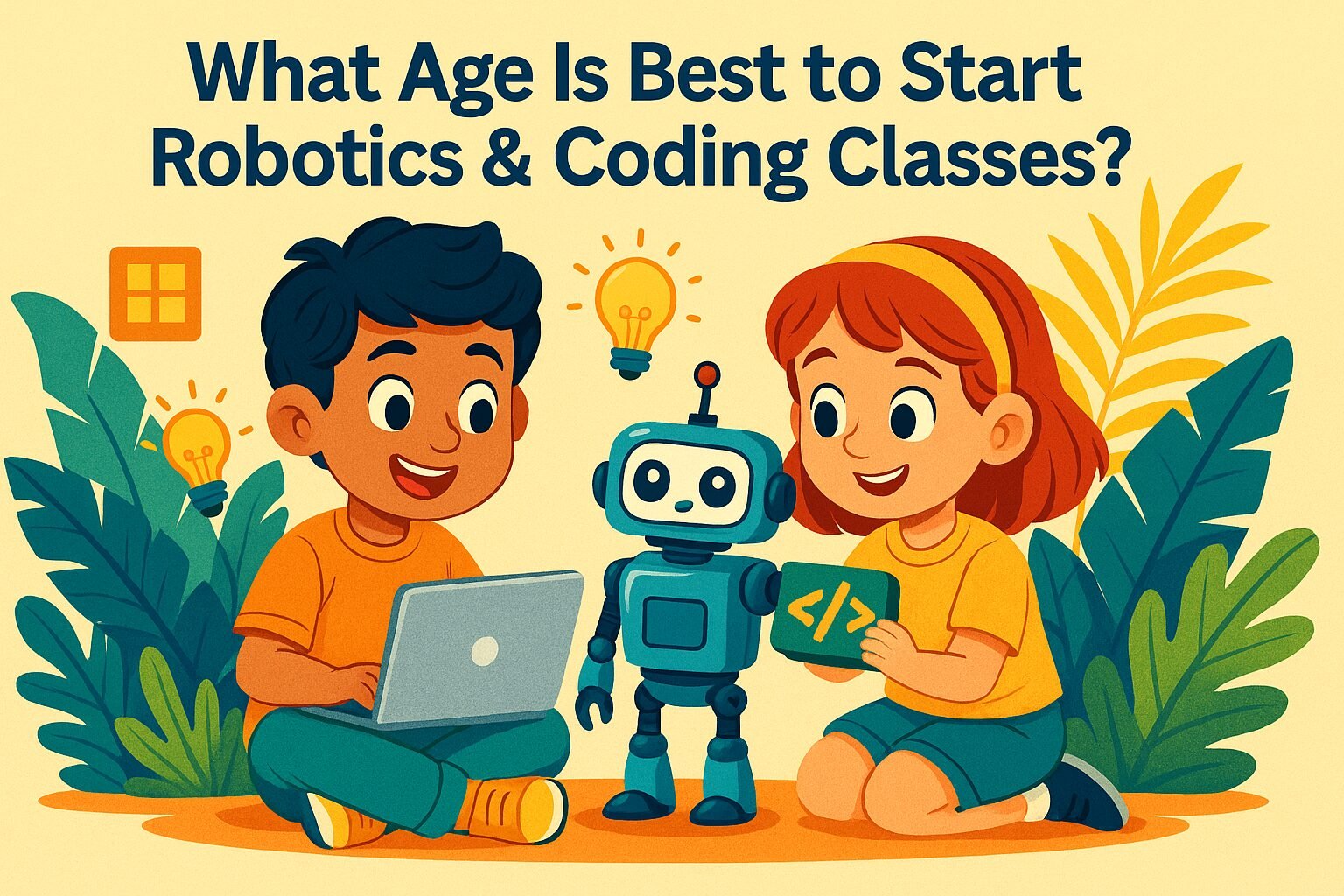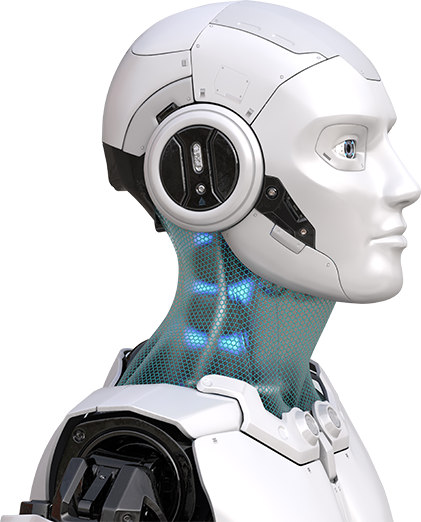Top 5 Coding Skills Every Student Should Learn Before 15 let’s find out :
In today’s fast-paced digital world, coding is no longer a specialized skill — it’s a new form of literacy. Just as reading and writing open doors to knowledge, learning to code empowers students to think logically, solve problems creatively, and adapt to the ever-evolving world of technology.
At Cosmobot, we believe every child should be introduced to the basics of coding before the age of 15. Early exposure not only makes learning programming easier but also helps in developing critical life skills that go far beyond the computer screen.
In this article, we’ll explore the top five coding skills every student should learn before 15, why they matter, and how they can shape your child’s future in STEM.
1. Logical Thinking and Algorithmic Skills
Before a student even writes their first line of code, they must learn how to think like a programmer. Logical thinking is the foundation of all coding. It teaches children to break big problems into smaller, manageable parts — a process known as algorithmic thinking.
When students learn to create step-by-step instructions to solve problems, they start understanding how computers follow logic. Games like Minecraft Education, Scratch, or Blockly are excellent tools for building this thinking pattern in a fun, visual way.
Why it matters:
Logical thinking doesn’t just make kids better coders — it makes them better problem solvers in academics and real life.
2. Understanding Programming Languages (Scratch, Python, JavaScript)
Once students grasp the basics of logic, they can begin learning real programming languages. The goal isn’t to master them all but to understand how code works in different environments.
Here are three of the best beginner-friendly options:
- Scratch – Perfect for children aged 8–12, Scratch uses drag-and-drop coding blocks to introduce loops, conditions, and events. It’s a visual and interactive way to learn programming logic.
- Python – A simple, text-based language ideal for students 12 and above. Its clean syntax and readability make it a favorite for beginners learning real-world coding.
- JavaScript – Helps students understand how websites and interactive applications work. It’s perfect for those interested in web development or app design.
Why it matters:
Learning multiple languages exposes students to different programming styles, helping them adapt easily to future technologies.
3. Problem-Solving and Debugging Skills
Every coder makes mistakes — and that’s a good thing. Learning how to find and fix errors (known as debugging) teaches patience, perseverance, and analytical thinking.
Encouraging students to test, fail, and retry helps them develop a growth mindset — the belief that effort leads to improvement. At Cosmobot, our instructors guide students through projects that challenge them to debug real problems while maintaining a positive learning attitude.
Why it matters:
Debugging teaches resilience. Students who can analyze mistakes and fix them become independent learners — a skill valuable in every aspect of life.
4. Creative Thinking and Project-Based Learning
Coding isn’t just about typing commands — it’s about creating something new. When students build projects like mini games, animations, or simple apps, they learn to combine logic with creativity.
Through project-based learning, students discover how coding connects with art, music, and storytelling. For example:
- Designing a game to explain a science concept
- Creating a storytelling animation in Scratch
- Building a website about their favorite hobby
These projects foster imagination while reinforcing technical skills.
Why it matters:
Project-based learning encourages creativity, teamwork, and innovation — essential traits for the innovators and entrepreneurs of tomorrow.
5. Understanding Artificial Intelligence and Automation Basics
Artificial Intelligence (AI) is shaping the future — and students who understand its basic concepts early will lead that future. While full AI programming might sound complex, introducing children to AI fundamentals through simple experiments can spark immense curiosity.
Kids can learn how AI powers things like chatbots, voice assistants, or image recognition. Platforms like Teachable Machine by Google or AI for Kids make it fun and easy to understand how machines learn.
Why it matters:
Understanding automation and AI gives students a head start in tomorrow’s most in-demand fields — from robotics to data science and beyond.
How Cosmobot Helps Students Learn These Skills
At Cosmobot, we believe coding should be exciting, interactive, and accessible to every child. Our STEM learning programs in Siliguri combine robotics, coding, and astronomy to make technology fun and practical.
We use hands-on teaching methods where students:
- Learn the fundamentals of logic and coding through engaging projects
- Work with real robotics kits to bring their code to life
- Explore how coding integrates with science, math, and space technology
- Develop teamwork, creativity, and critical thinking — skills for the 21st century
Whether your child dreams of becoming an engineer, scientist, or innovator, early exposure to coding will help them build the right foundation.
Final Thoughts
Coding is more than just a technical skill — it’s a way of thinking. Teaching children to code before 15 builds confidence, improves logical reasoning, and opens endless opportunities in science, technology, and creativity.
As the digital world continues to evolve, early coding education ensures that your child isn’t just consuming technology — they’re creating it.
If you want your child to start their journey in STEM and coding, Cosmobot.in is here to guide them every step of the way. Together, let’s build the innovators of tomorrow.





